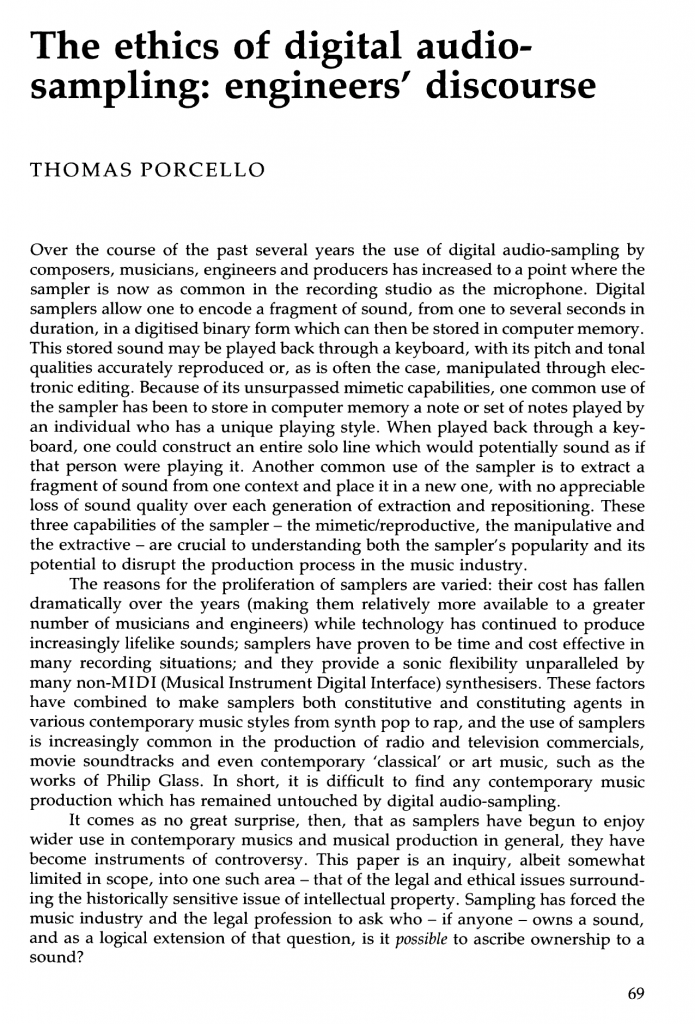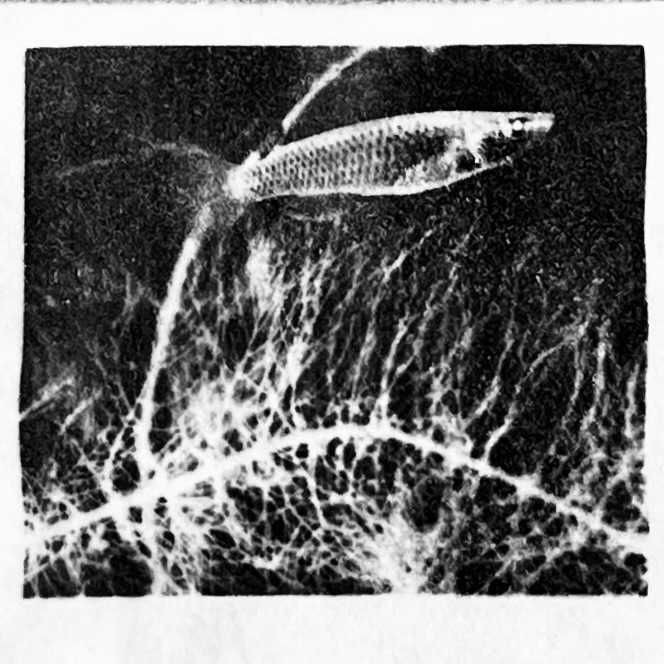Digital samplers can transform sounds into codes that can be replicated infinitely. Thomas Porcello points out in “The Ethics of Digital Audio Sampling” that although this technology has brought convenience, it has also raised many issues regarding copyright and creative ethics. For instance, in the 1980s, Jan Hammer sampled the performance of percussionist David Johnson, which sparked a debate over who the sound belonged to. If a complete performance is directly cut and used, everyone would consider it plagiarism. But what if only a single timbre or a single drumbeat is sampled? Does it still count as infringement?
Some people think that as long as the sampled sounds are distorted to the point where they can no longer be recognized in their original form, legal issues can be avoided. But this technical approach seems more like calibrating a machine than expressing emotions. Many musicians initially wanted to make music more free, collecting sounds from daily life for their creations. However, when we transform everyday sounds into rhythmic materials, we might also overlook the culture and emotions behind these sounds. Porcello reminds us that every sound carries history or identity. Therefore, sampling is not only a technical issue but also an ethical discussion about whether sounds “should be used and who can use them”.


Leave a Reply